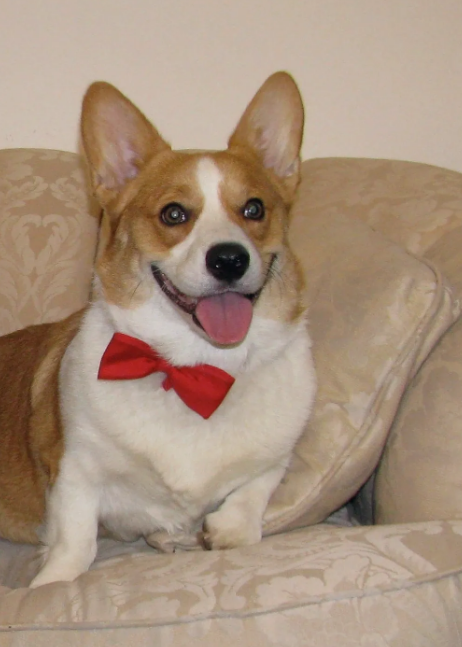The foundation of Animal Assisted Psychotherapy is the human-animal bond. This relationship has two levels; the first is the connection between the handler/counselor and the therapy animal, which serves as a model of solid teamwork, trust, and healthy attachment. The second level is the bond between the client and the therapy animal, which is extremely important as a source of comfort, safety, and unconditional acceptance, as well as a motivator for continuing services and a powerful agent of healing and positive change.
Essentially, it is all about connection!
There are numerous ways that certified therapy animals can be involved in the counseling process. Techniques and interventions can be tailored to target specific client goals and clinical concerns, such as depression, anxiety, relationship issues, and trauma. Research on Animal Assisted Psychotherapy is very promising as an adjunct to traditional mental health counseling.
Studies show that interactions with therapy dogs have a positive effect on physical and mental health by lowering overall stress levels (Fine, 2015).
The pet practitioner fosters rapport and empathy between the client and therapy pet, building trust in the counseling relationship (Chandler, 2011).
Dogs are specially qualified to become co-therapists. Both dogs and humans benefit from friendly encounters, and dogs are unique among other species because they have been programmed through the domestication process to have physiological and emotional responses to people, prefer the company of humans over other dogs, and develop powerful attachments to human caretakers likened to “the unconditional love that many owners describe and treasure in their dogs” (Bradshaw, 2011, p. 171).
The human-animal bond can also be a springboard for the counselor to encourage positive emotions, behaviors, and expectations, while reducing fears of rejection, abandonment, unresponsiveness, unlovability, and other attachment anxieties (Parish-Plass, 2013). This makes Animal Assisted Psychotherapy an effective modality for helping people with trust and relationship issues to improve communication and social skills by developing a more secure attachment style.
At Counseling Connect, PLLC, we offer Animal Assisted Psychotherapy with the help of Alliance of Therapy Dogs certified and AKC Canine Good Citizen, Oblio (He’s a corgi, so he’s Obi for short!). If you are interested in participating in counseling with the assistance of our resident Pet Practitioner, make an appointment today! Or if you are a member of the helping professions and you’re interested in learning how to incorporate therapy animals into your practice, contact us to find out about consultations! (828) 475-5667
As always, we look forward to connecting with you!
Check out these references for more information– and Animal Assisted Therapy Programs of Colorado, a leader in the field of Animal Assisted Psychotherapy! https://www.facebook.com/AATPC/
Bradshaw, J. (2011). Dog sense: How the new science of dog behavior can make you a better friend to your pet. Perseus Books: Philadelphia, PA.
Chandler, C.K. (2011). Animal-Assisted Therapy in Counseling. New York: Routledge.
Fine, A.H. (Ed.). (2015). Handbook on animal-assisted therapy: Foundations and guidelines for animal-assisted interventions (4th ed.). San Diego, CA: Academic Press.
Parish-Plass, N. (Ed.) (2013). Animal assisted psychotherapy: Theories, issues, & practice. West Lafayette, IN: Purdue University Press.
Stewart, L. A., Chang, C. Y., Parker, L. K., & Grubbs, N. (2016). Animal-assisted therapy in counseling competencies. Alexandria, VA: American Counseling Association.

